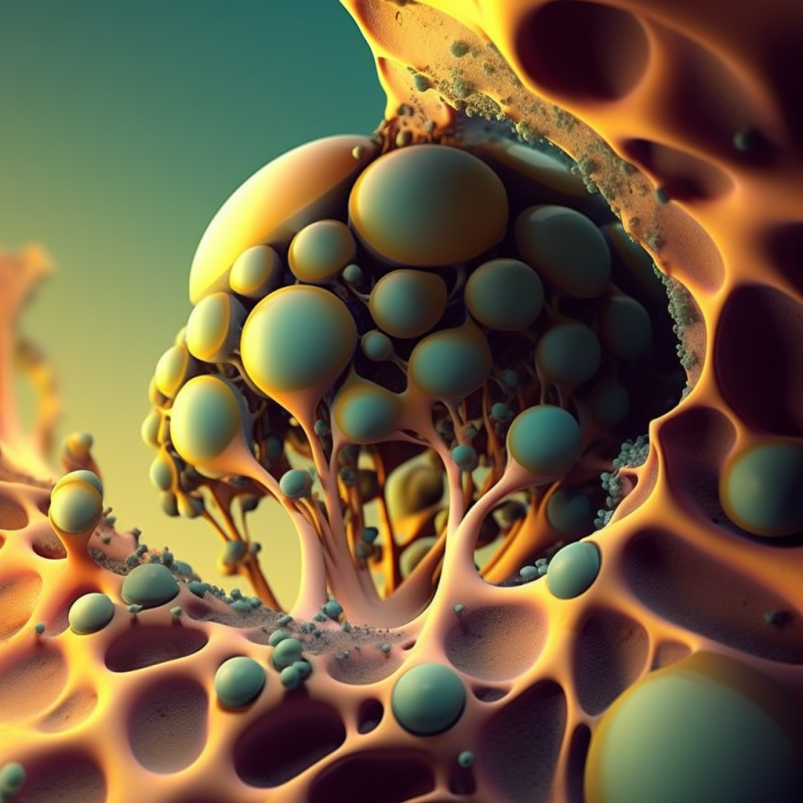The Background
In the spring of 2021, thousands of women took to social media to share their traumatic experiences of dramatic changes in their menstrual cycle. However, censorship on social media prevented this conversation from continuing.
In response, the MAMM team and Children’s Health Defense created the MyCycleStory(sm) survey to capture these testimonies and give a voice to the silenced women. As the submissions were collected, researchers discovered a massive increase in the extremely rare event of “decidual cast shedding,” which is a large, intact piece of tissue that passes through the vagina. This occurrence is painful and often traumatic, and the survey participants reported it 292 times over the course of seven months after January 2021.
After looking through historical data, researchers confirmed that this event was extremely rare, having found only around 40 cases studied over the last 100+ years. The cause is relatively unknown, and with the distribution of the COVID-19 vaccine around the same time, researchers are investigating if there is a correlation that warrants further investigation.
Why this is important
The conversation around the effects of COVID-19 and the COVID-19 vaccine on women’s fertility needs to happen now. While the CDC and government agencies assure that the vaccine is safe for women and children, the research collected in this study warrants questioning the validity of that statement. The recently released Pfizer clinical trial data states that the fertility effects are unknown, so why are they saying it’s safe if they don’t know for sure? Why are they suppressing the stories of these women who are experiencing something so rare and traumatic? What is causing such a surge in this seemingly rare and traumatic experience? Could exposure to spike protein play a role? Is the temporal association with vaccine distribution more than coincidence?
What’s next?
All of these questions need to be addressed immediately. This study begins one of the most important conversations needed today. The MyCycleStory(sm) team continues to dive into the other reported symptoms and their potential causes, and subsequent publications will focus on menstrual abnormalities in women of reproductive age and post-menopausal women as well.



